Keep Food Fresh For Longer! (Out Of The Fridge Too)
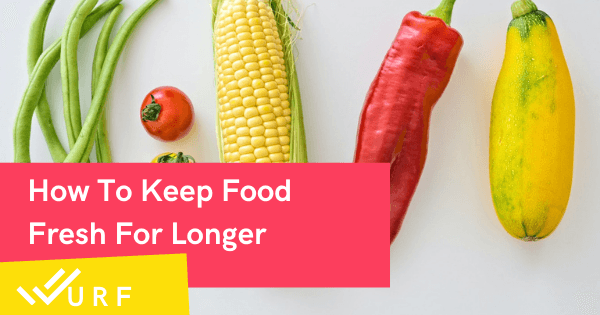
Do you ever have to throw out food because it went bad in the fridge? Food waste is still a problem in Singapore. And contributes to 10% of all waste generated in Singapore.
A pity because food waste is something you can control within your own home!
And that’s what this post is for! A lot of it is common sense but some of these tips on how to keep your food fresh for longer may surprise you!
Outside The Fridge
1. Check The Expiry Dates Before You Buy Food
Or use your eyes to check for limpness in vegetables, or feel the firmness of fruit. In general, fruit should weigh more than they appear to.
Note: If you order your groceries online, this is not applicable to you
2. Plan Your Meals Ahead
Do this once a week and you won’t have to worry about what to cook every single day! You will also need to muster your discipline and not buy more than what is in your shopping list!
And in this way, you will use all the food that you buy! So none go to waste!
3. Shop Locally
Distance is a factor when it comes to food freshness.
Logically the closer you are to your food source, the fresher the food will be.
Fruit grown overseas are usually plucked way before they are ripe, to account for the long travel time.
4. Grow Your Own Food!
What could be fresher than growing your own food! This way, you can avoid pesticides too and keep things wholly organic!
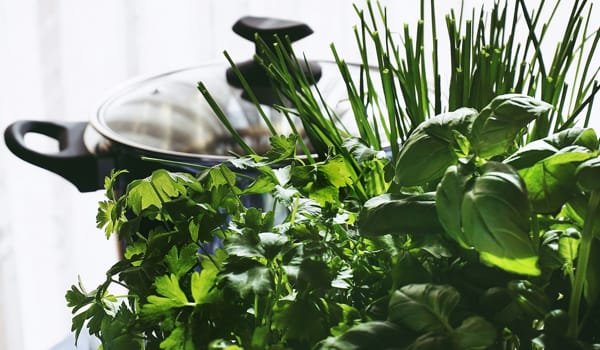
You can do this easily from vegetable scraps (e.g. basil), and without a full sized garden!
Have you heard of microgreens? These take very little space but pack a ton of nutrients!
5. Don’t Keep Certain Food In The Fridge
Not all produce needs to be in the fridge. Some actually last longer if they’re out of it! And not in plastic bags that prevents adequate ventilation.
Such food includes un-chopped nuts, avocados, garlic, onions, potatoes, melons (including cucumbers), and unripe fruit like papaya, mango, nectarines (and similar), mandarins, and bananas.
| Produce | Shelf life (outside fridge) |
| Papaya, bananas, and whole melons | 1 week |
| Mango, avocado | Less than 2 weeks (~10 days) |
| Pineapples, mangosteens | 2 weeks |
| Apples and oranges | 4-5 weeks |
| Potatoes and onions (separate) | 1 – 2 months |
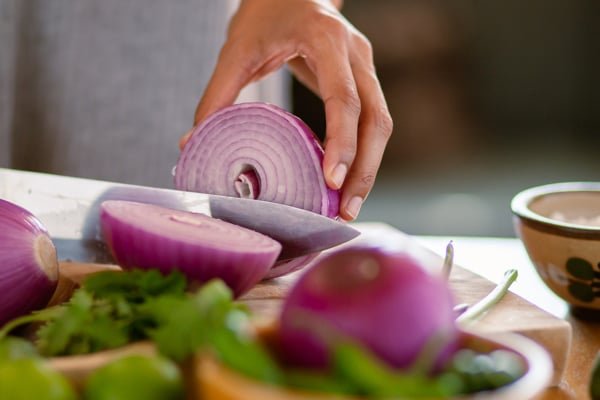
Pandan blades can be stuck into a glass of water on your counter.
And coffee beans or ground coffee should be kept in air-tight containers outside of the fridge to avoid moisture from condensation.
Preserved food like pickles will not spoil outside the fridge. Neither will honey or olive oil.
Note: Did you know that soy sauce does not need to be in your fridge?
6. Potatoes Are Extra Special
Besides keeping them out of the fridge, potatoes (including yams and sweet potatoes) need to be in a dark and cool place to prevent sprouting.
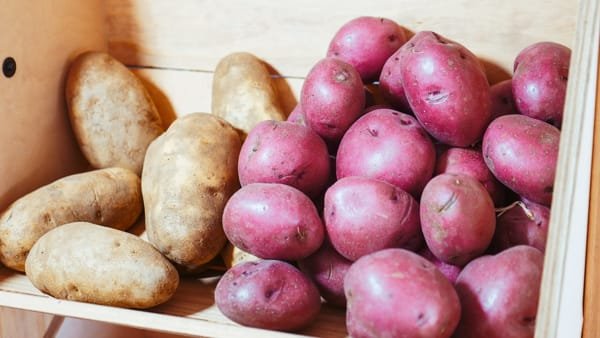
By the way, keeping them next to your fridge is not a good idea!
And you have to keep potatoes away from ethylene sources (e.g. bananas and onions) too.
Note: Don’t eat potatoes that are turning green. Or are no longer firm.
7. Use Pandan Leaves Or Dried Chili
A bit of this in your rice tub will deter those pesky weevils! While not harmful, they can be unsightly and even gross if there’s too many!
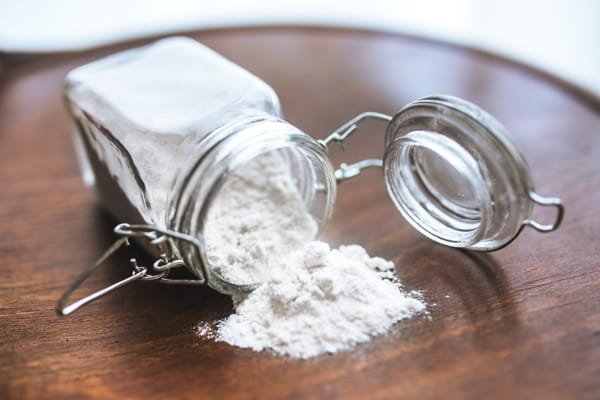
8. Add Rice
Rice is really good at drawing out moisture. Put a few grains (we mean uncooked rice) in your salt jar to prevent the salt from clumping.
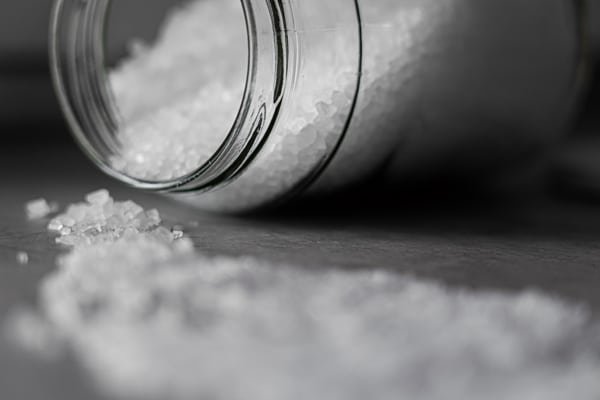
A natural alternative to those small chemical desiccant sachets!
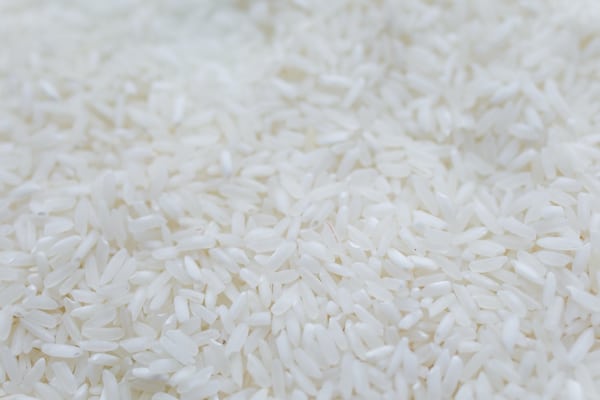
Inside The Fridge
9. Set The Right Temperature For Your Fridge
Don’t assume that the default settings are suitable for your produce.
Set the temperature to at least 4°C. Or lower.
PS: Not all mini fridges can go lower than 0 °C. Want to know what is the best mini refrigerator?
10. Add Paper Towels/ Wrap In Paper To Soak Up Excess Moisture
That said, don’t wash your veges before putting them in the fridge! Unless you completely dry them with a towel first. Remove any brown or slimy leaves and stems too.
Paper bags work especially well for mushrooms.
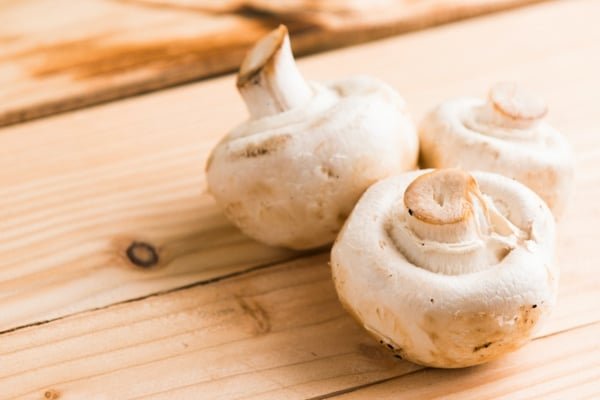
11. Seal That Moisture
At the same time, you don’t want veges to dry out!
Get a fridge with an air-tight, moisture sealing produce bin. Or keep the produce in plastic bags, silicone pouches, air tight containers, etc
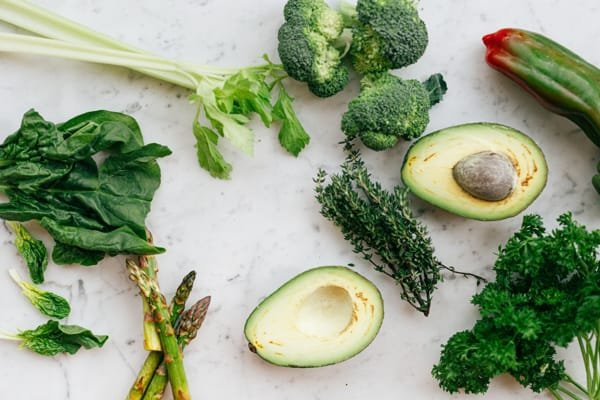
12. Some Vege Like Extra Moisture
One such vegetable is lettuce! Or any leafy vegetables with stiff stems (e.g. asparagus) do well when you keep the ends of their stems in water. While they’re in the fridge.
This is a way to refresh wilted vegetables too (like celery).
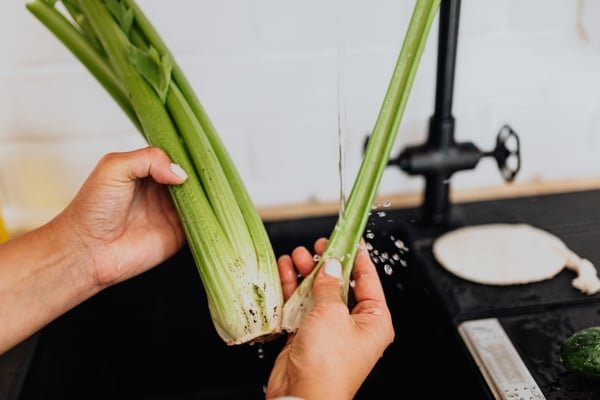
13. Pre-Chop Your Vegetables
Chopped carrots, radish, and celery can keep much longer when you put them in a closed container filled with water.
For beets, carrots, raddish, etc:
Remove any green tops before storing them in the fridge!
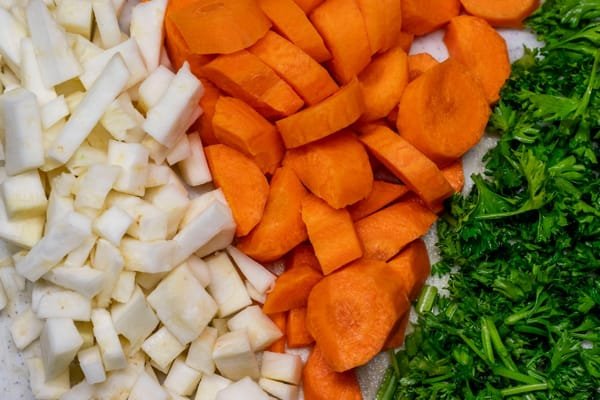
14. Keep Fruit And Vegetables Separate
Apples and bananas release ethylene gas that speed up the ripening (and rotting) process in other fruit and vegetables. Particularly ethylene-sensitive produce like broccoli, lettuce, and other leafy greens.
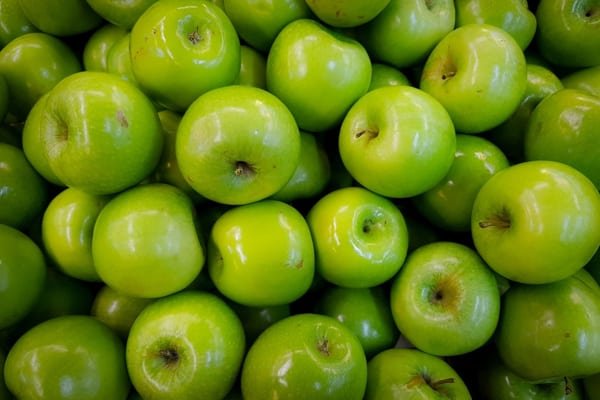
As a rule of thumb, keep vegetables and fruits away from each other in your fridge.
Common Ethylene-Releasing Produce:
- Kiwi
- Plums
- Bananas
- Apples
- Onions
- Tomatoes
- Avocado
- Mangoes
15. Store Leftovers Properly
If you cooked too much, separate what you can finish away from what you can’t. If you’re unsure, use serving spoons. This will prevent introducing bacteria into your food!
Store the leftovers (warm is fine) in air-tight containers in the fridge. Don’t leave them out at room temperature for too long. This also encourages bacteria to grow.
Note: You can also freeze leftovers.
Source: https://www.eatright.org
16. Don’t Store Milk At The Fridge Door
The fridge door is subject to temperature fluctuation.
So it’s best to keep the milk in the chiller section instead.
Inside The Freezer
17. Pre-Treat Dry Goods
You can kill any insects that are harboring in your flour by freezing the flour for 2 to 4 days. Before transferring the container to your pantry.
The same goes with grains and other cereals.
18. Cover Cheese With Wax Paper
You can also freeze shredded cheese.
Keep cheese in their original packaging if you can.
18. Pop them in the freezer
Bread and ripe bananas, fresh herbs, and brown sugar can all be kept in the freezer to maximize their freshness.
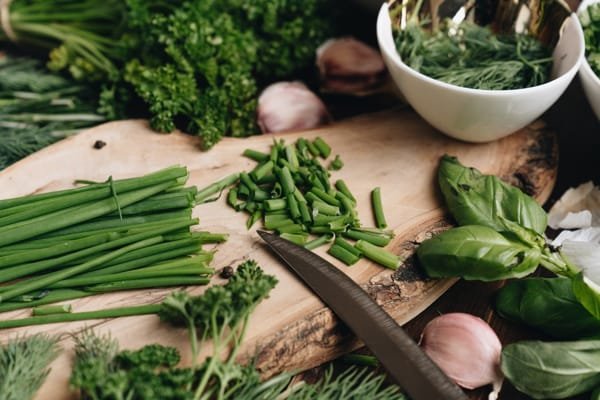
Frozen bananas are very convenient to pop into your blender for a smoothie too!
For bread, you can keep it out of the fridge for a few days. But if you’re buying bread (the sliced variety) in bulk, you can put them in the freezer instead of the chiller section.
When you want to eat the bread, let it thaw first. And then toast the bread in your toaster oven!
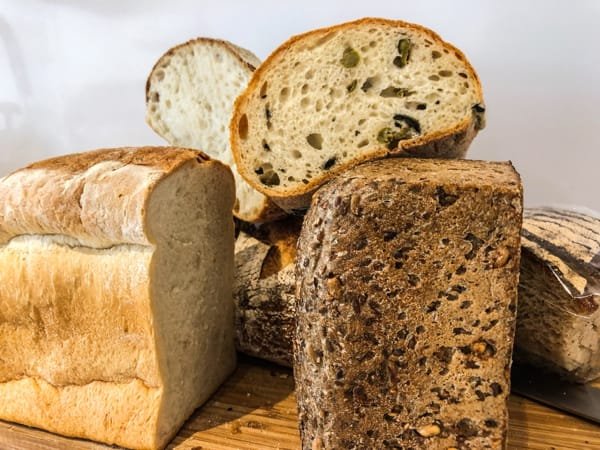
20. Follow The Supermarkets
When in doubt, follow what the supermarkets do.
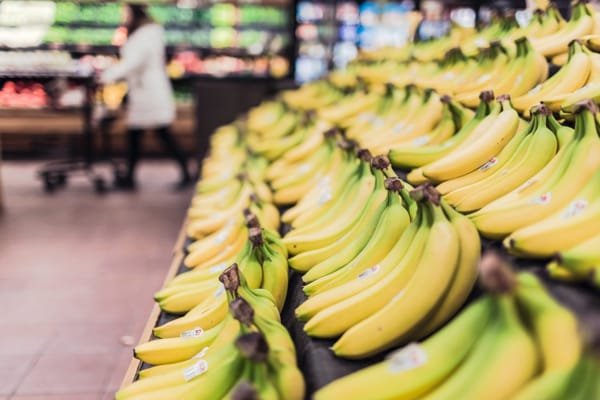
Similarly, fish should be in a bag and the bag can be placed on top of a bowl filled with ice!
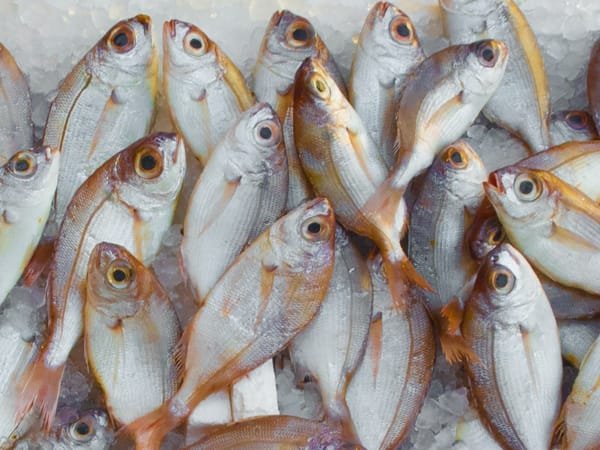
21. Divide And Conquer
Before you keep your meat in the freezer, divide it into portions for meals. This way, you don’t have to completely and repeatedly freeze and thaw out meat!
-2°C is ideal for meat.
Sausages and bacon should be in the freezer if you don’t plan to eat them soon.
Verdict
How many of these tips have you already tried before? We hope you found at least 1 or 2 new things about how to keep food fresh for longer!
Share this post with friends and family. And we can all do our part to reduce food waste!






